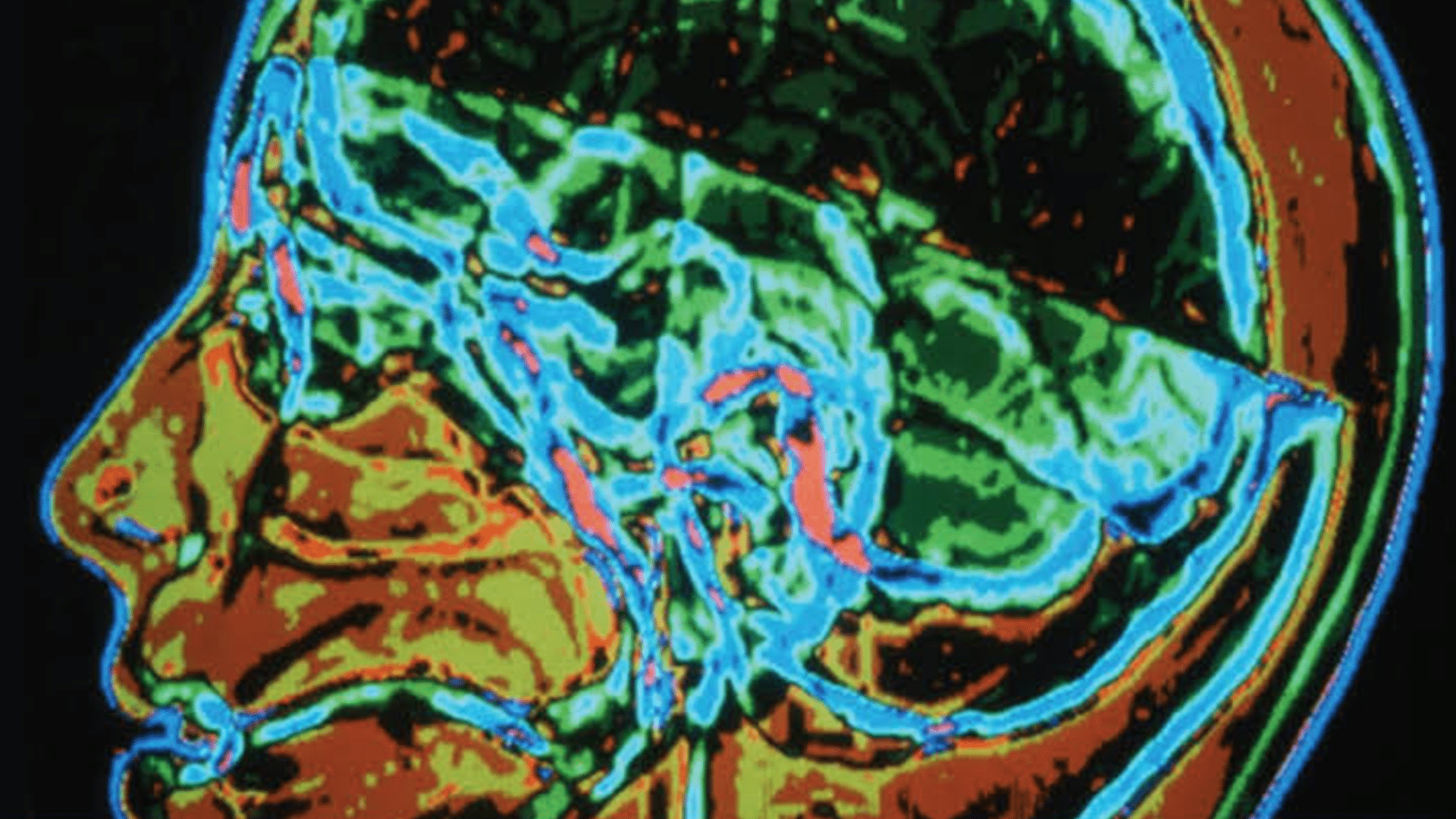New Advance
An international team of researchers has developed and tested a drug on mice to treat Alzheimer's disease. The results of the testing is very promising, suggesting that not only does the drug mitigate symptoms, but also increases life-span in patients with the debilitating disease. The team's findings have been published in the Journal of Clinical Investigation.
According to author Professor Andrew Tobin, the drug targets a particular protein (M1 muscarinic receptor) that is associated with the disease and activates it, having a positive effect on cognition. Different drugs were previously tested on this protein but had too many adverse side-effects to make them practical as effective treatments. The class of drug used in these trials, however, did not manifest any of these adverse side-effects in the subject mice. Professor Tobin explained that the team, including Dr. Sophie Bradley, "found that these drugs can not only improve symptoms of brain degeneration, such as cognitive decline, but can also extend the life-span of these terminally-sick mice," when administered daily.
Long Road
Since the trials are still at the animal testing phase, there is no guarantee that these drugs will have the same impact on humans. Even if this particular treatment does not live up to its early promise, it's providing important discoveries about the disease itself that could play a vital role in the research ahead.
Current treatments simply serve to mask or relieve patient symptoms. There is no cure for the disease, but with each new research project undertaken, there is hope for healing.
The goal of Alzhiemer's treatments seems to be shifting toward not only improving symptoms of the disease, but also to slow down the deleterious disease progression, thus extending life-span. It will take a lot of time and an ever-accumulating pool of professional knowledge, but with results as promising as these, there is always hope.
Share This Article
